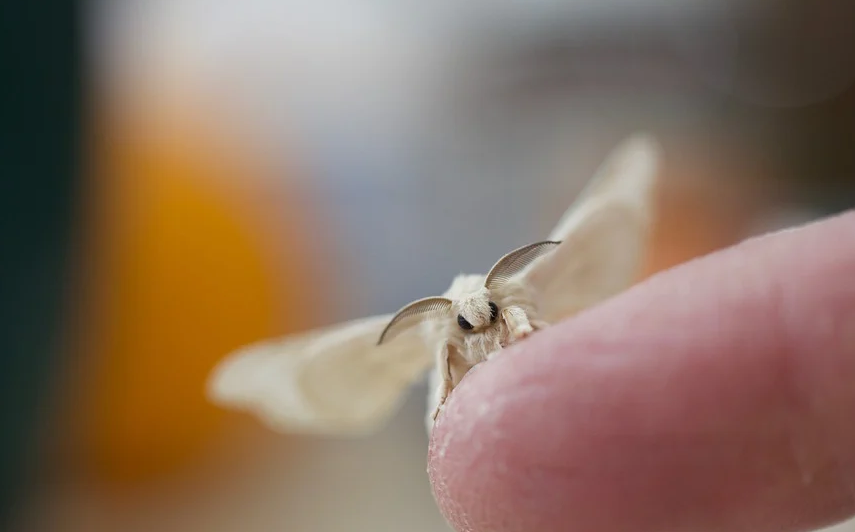Tufts University researchers have developed an extremely efficient non-stick material. Researchers modified silk to form a material that does not stick to water or almost anything else containing water for that matter.
Silk fiber-reinforced composites are environmentally friendly as silk is naturally spun by moths. Moreover, these are also cost-effective since it’s easily available as a waste product from textile processing.
In this study, researchers break down the fibers to their basic protein element: silk fibroin
“What makes silk such a unique material is that not only can it take on a wide range of forms and shapes, but one can easily change its properties by chemically modifying the silk fibroin,” said Krishna Kumar, Robinson Professor of Chemistry at Tufts.
“If we want to make orthopedic screws that are absorbed by the body at different rates using silk fibroin, we modify the chemistry,” he said. “If we want to create a blood sensor that detects oxygen, or glucose, or other blood components, we modify the chemistry. In this study, we modified silk fibroin to repel water, and we can do it in a way that can ‘tune’ the material to be more or less water repellant.”
The researchers turned silk into a high level of non-sticky material by covering the surface of the silk fibroin with short chemical chains containing carbon and fluorine, called perfluorocarbons. These chains are very stable, as they don’t react with other chemicals. Moreover, they don’t even interact with proteins and other biological chemicals in the body.
Potential advantages
Silk-based non-stick surfaces have numerous applications. They could be used in medical applications, in preventing metals from rust, non-stick material for cooking, automotive windshields, and a lot more.







